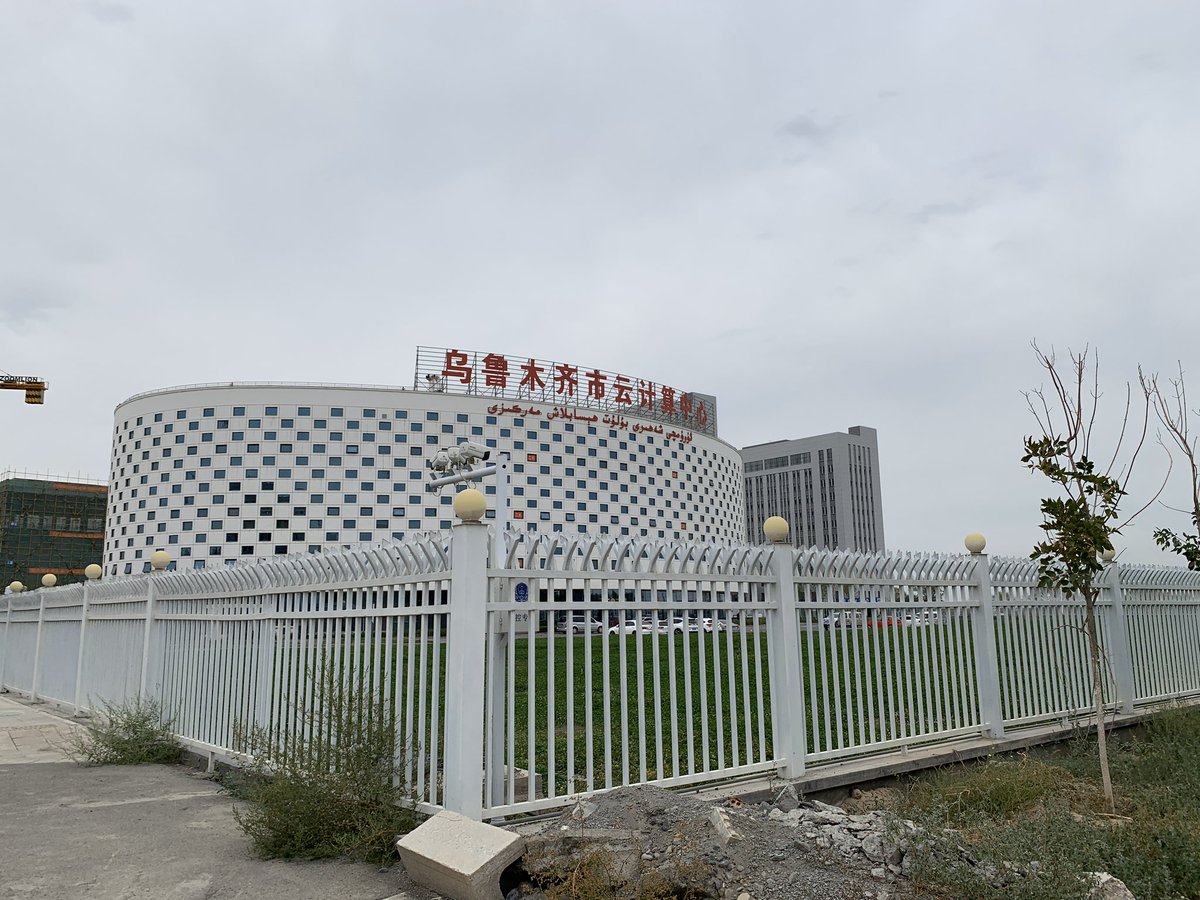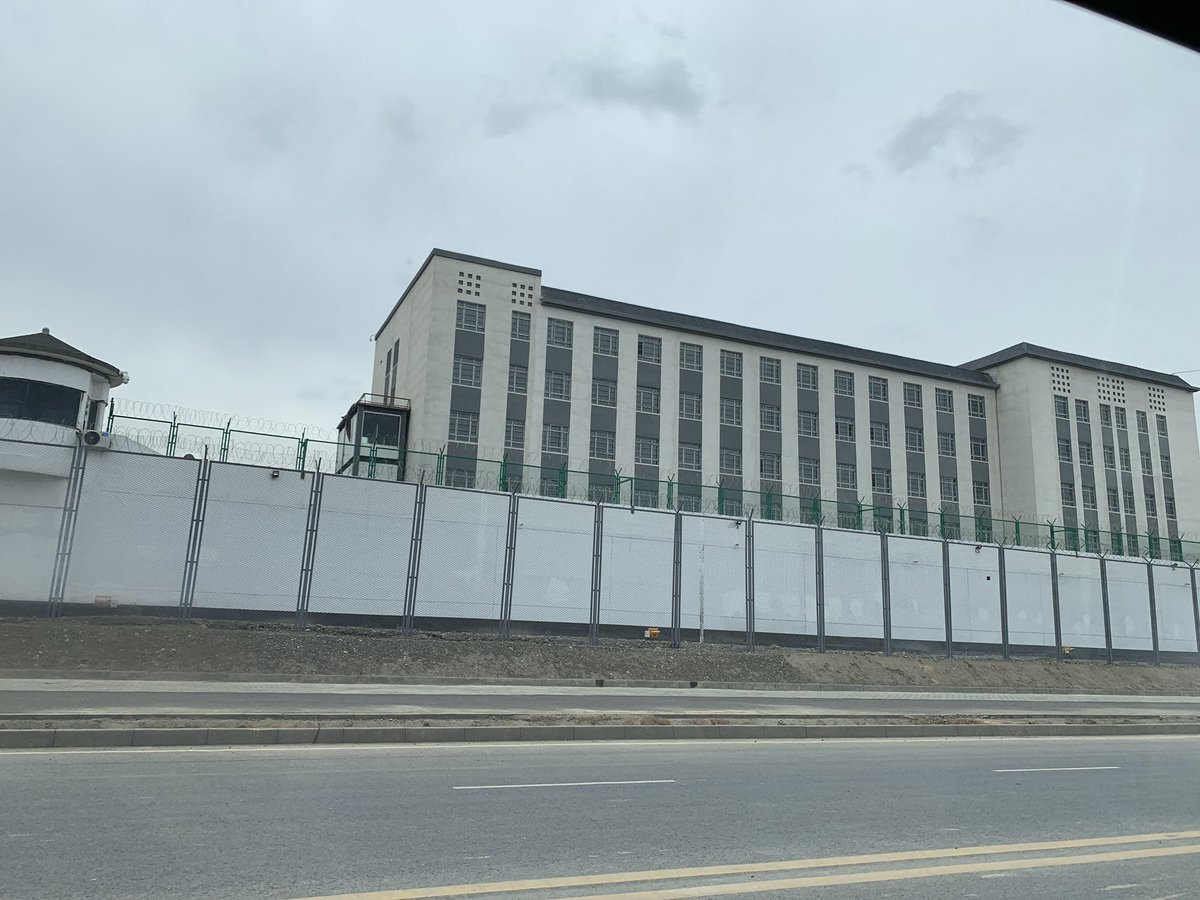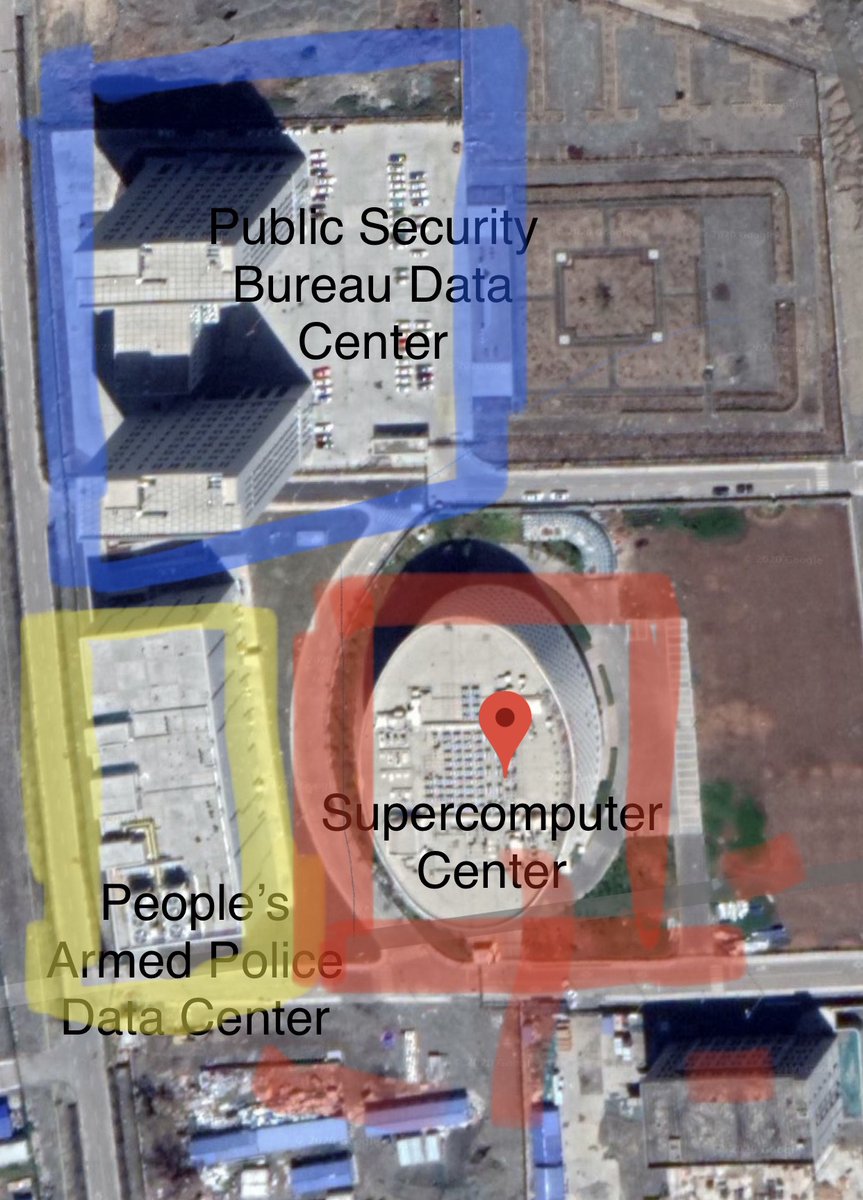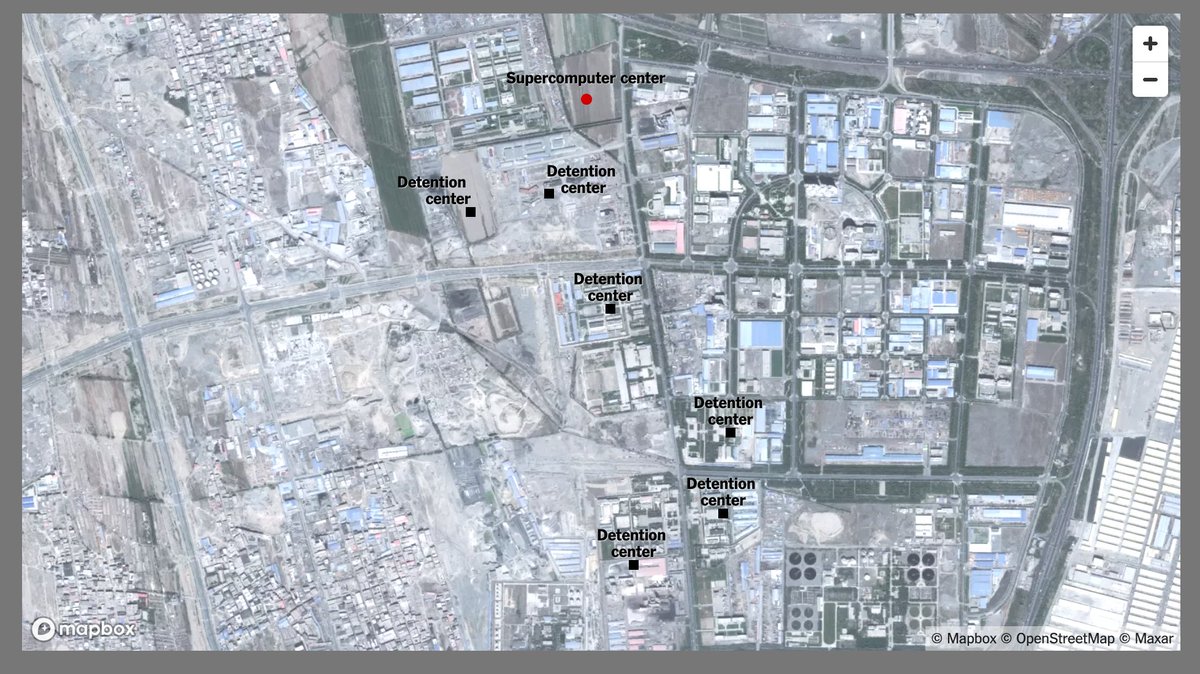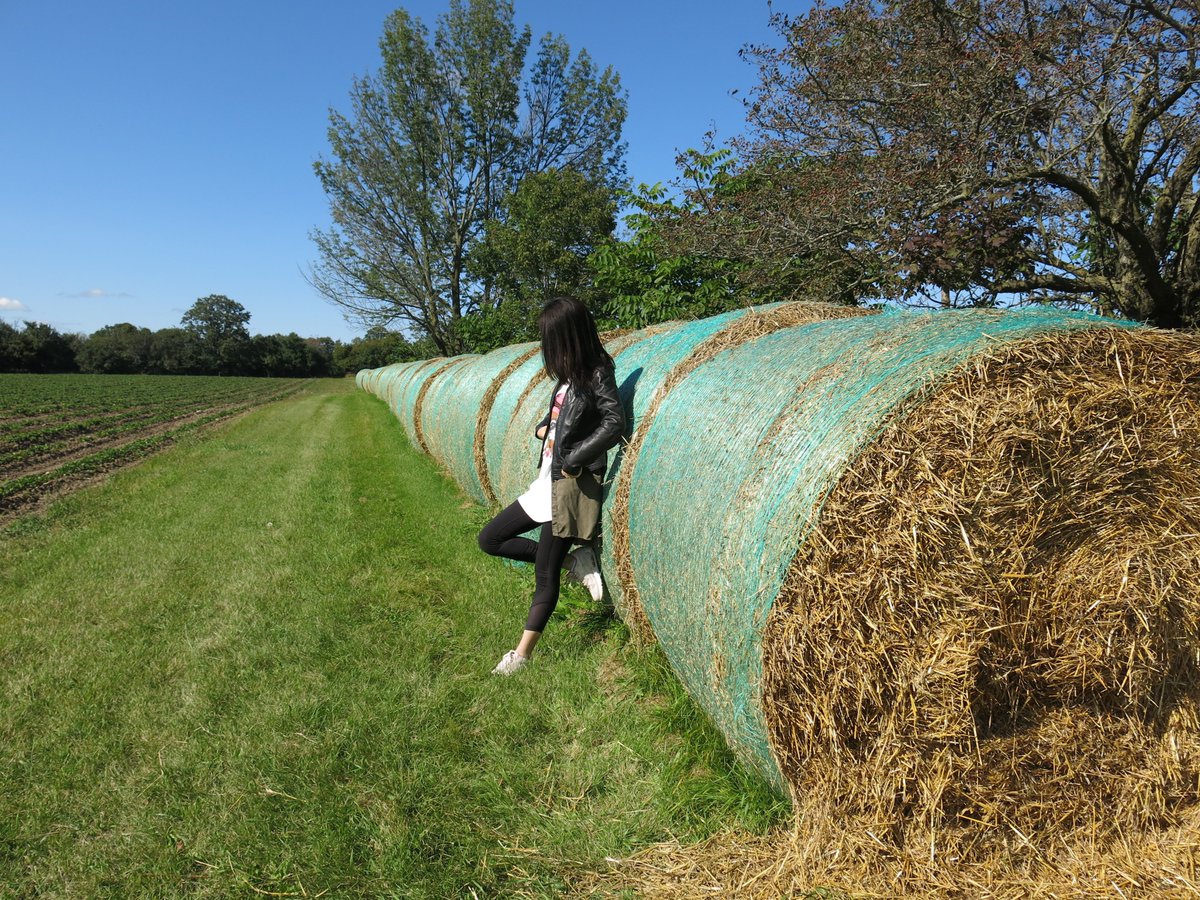
China's Gilded Age is over: riding high off Covid-19 success, Xi Jinping is upending China's private sector. It's about control, to varying ends: guiding innovation, reducing the wealth gap, managing debt, sculpting culture, building self reliance: nytimes.com/2021/10/05/bus…
All of this has been long in coming, but the policies/casualties keep piling up. It's a huge story and there's been tons of great coverage, but the world seems just to be waking up to it, so here are some thoughts with links to good stories.
Why now? A Chinese professor said it's about Xi's popularity: "At this point, the public would support whatever the government does. So in terms of the reforms, it’s a very important window." The hit to capital markets shows the potential dissatisfaction:
https://twitter.com/SofiaHCBBG/status/1443414020678029317?s=20
The question is can Beijing manage it all and keep up private-sector dynamism. Authoritarian govts have a poor track record of managing such transitions, but few have marshaled such resources and planning. Still, the chill in the private sector is obvious wsj.com/articles/xi-ji…
At the World Internet Conference last week, China's tech lights, once fairly free to speak their mind, lined up to pay lip service to government goals, be they funds to reduce inequality or focus on key priorities, like cybersecurity and A.I. protocol.com/china/wuzhen-w…
That sounds OK, but the best and brightest of tech following official plans may not turn out well. Consumer tech enables/supports plenty of deep tech and also finds ways to make its refinement commercially sustainable. Monkey around too much could end that cycle.
Take mobile payments. Alibaba and Tencent's QR code payments cut friction and empowered a new gen of businesses/online services. Would the two dare to pursue a similar idea now? Unlikely. China is left with the innovation of its state-finance monopolies. nytimes.com/2021/07/19/tec…
Some entrepreneurs have also stepped back. Jack Ma clearly won't be openly sharing his ideas any time soon. In the past year the founders of shopping Goliath Pinduoduo and TikTok parent Bytedance have both resigned from CEO roles.
A professor in China at a top university I spoke with said that he'd noticed a broader shift. Only a few years ago his students wanted to go into business, now many would prefer jobs in government, which seem safer. That's usually not a recipe for economic dynamism.
One argument goes, no biggie, Beijing hits consumer tech, and subsidizes key areas like chips and AI. But Beijing's track record on steering big advances is poor. Consumer tech has created breakthroughs. Many of China's best AI entrepreneurs came from Alibaba, Microsoft etc.
Huawei came from private competition as the biggest state-run telcos bought other tech. China's chipmakers get a huge boost from internet firms, which have built China's cloud computing capabilities and with it AI that runs on them.
Then there's the top-down bans that ended private tutoring and limited gaming for minors. Blanket bans do not often work as intended, as one game designer put it: "banning people from doing something doesn’t mean people will do what you want them to do." nytimes.com/2021/09/26/bus…
It may seem odd, but the motivation is earnestly paternalistic. To sculpt the culture and guide the youth away from the excesses of the 21st century. Again, great in spirit, but also deeply tinged with nationalism and likely unachievable by fiat.
On model students: "They finish all their homework at school, read President Xi's selected works for one hour every day, go to sleep before 10 pm, take the initiative to do chores, urge their parents to have more children, and help look after the elderly" asia.nikkei.com/Spotlight/The-…
The above is satirical, but true to Xi's vision more or less. As the Economist put it: "Some may envy Mr. Xi's scope to get things done fast. But to imagine he has the right answers would be a mistake." economist.com/leaders/2021/1…
Then there's the toxic populist nationalism bubbling up. After ride-sharing app Didi listed in the US against regulator concerns, a hashtag started by CCP mouthpiece the People's Daily was filled with rancor. People called Didi and its execs traitors. nytimes.com/2021/07/06/tec…
There's many other pieces to this. A disciplinary inspection of financial institutes was just announced. Nervous home buyers and creditors await the fate of Evergrande. Regulations on algorithms seek to add transparency, but also directly insert gov't guidance over social media.
It's all a giant experiment informed by a Leninist outlook on how culture and business should function. It could be Xi's policies create a new model for growth, or they could end the one that got China where it is today, leading to stagnation. It will be fascinating to watch.
• • •
Missing some Tweet in this thread? You can try to
force a refresh



